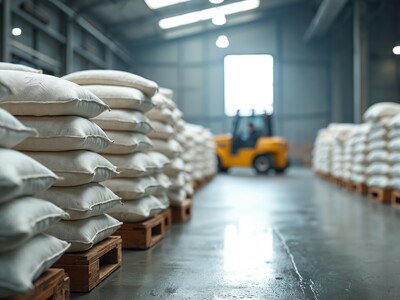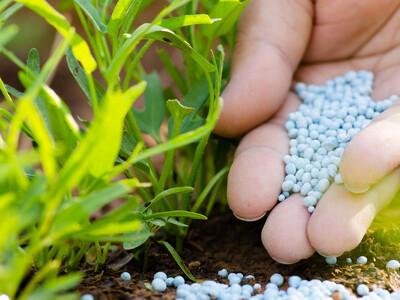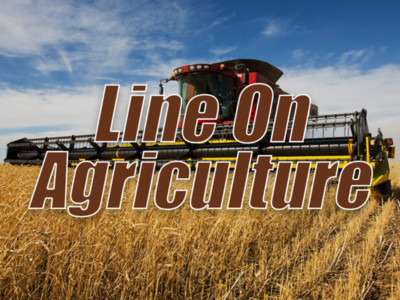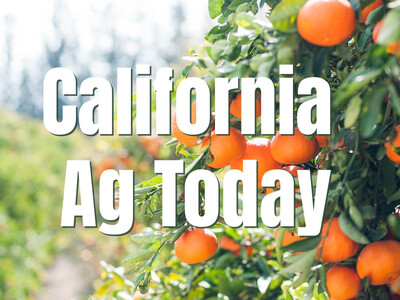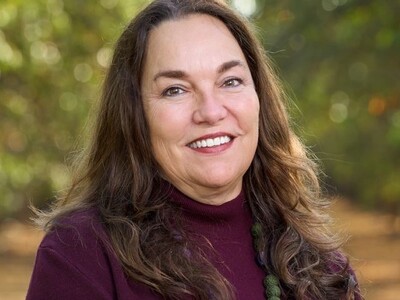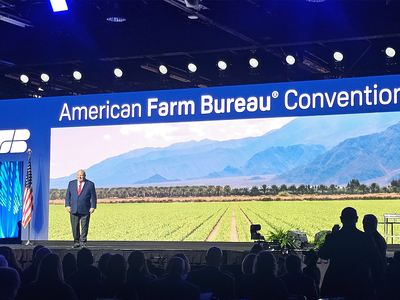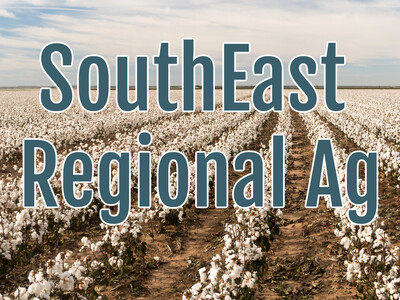Focusing on Acrylamide
Focusing on Acrylamide. I’m Greg Martin with today’s Line On Agriculture.
The potato industry is behind a unified effort to learn more about acrylamide - which was discovered by the Food and Drug Administration about ten years ago. This potential carcinogen is found in certain foods after they’re cooked. Potatoes account for almost 40-percent of the acrylamide in the U.S. diet. Dr. A.J. Bussan - Associate Professor of Horticulture at the University of Wisconsin - says acrylamide is a minimal food safety risk at this time.
BUSSAN: What really brought it to the limelight is there’s some regulations that were put into place for maximum limits for acrylamide and food products in the state of California but the FDA hasn’t established a limit yet. They don’t consider acrylamide in food that occurs naturally as part of a baking or frying process to be a health risk to the average U.S. citizen.
Dr. Paul Bethke - with USDA’s Agricultural Research Service - says the industry needs to get ahead of this issue.
BETHKE: It’s potential impact is on the industries image but it’s also a potential health problem and that just hasn’t been resolved. So there’s research on-going. Some of which has clearly shown for some kinds of human cancer there doesn’t seem to be any linkage with dietary acrylamide and then there’s others that have said we need to investigate this further. And so that process is going to continue for a long time. To me the uncertainty is a problem. It’s definitely a risk that if several years from now somebody says guess what...there is a link.
Acrylamide levels vary among different potato varieties and how they’re cooked. Bethke says a 7.7-million dollar USDA Specialty Crops Research Institute grant will help identify varieties that reduce that level even more.
BETHKE: We hope it’s going to be a huge help. I mean we’re talking about 10 institutions, 32 research scientists working with the industry over 4 years and almost $8-million dollars in government funding that augments another equal amount of industry funding so it should get us a long way and like we’re saying, ahead of the problem and have long term payoff as well. Because it’s not just about acrylamide. It’s about producing better potato varieties that meet customer needs.
That’s today’s Line On Agriculture. I’m Greg Martin on the Ag Information Network.





